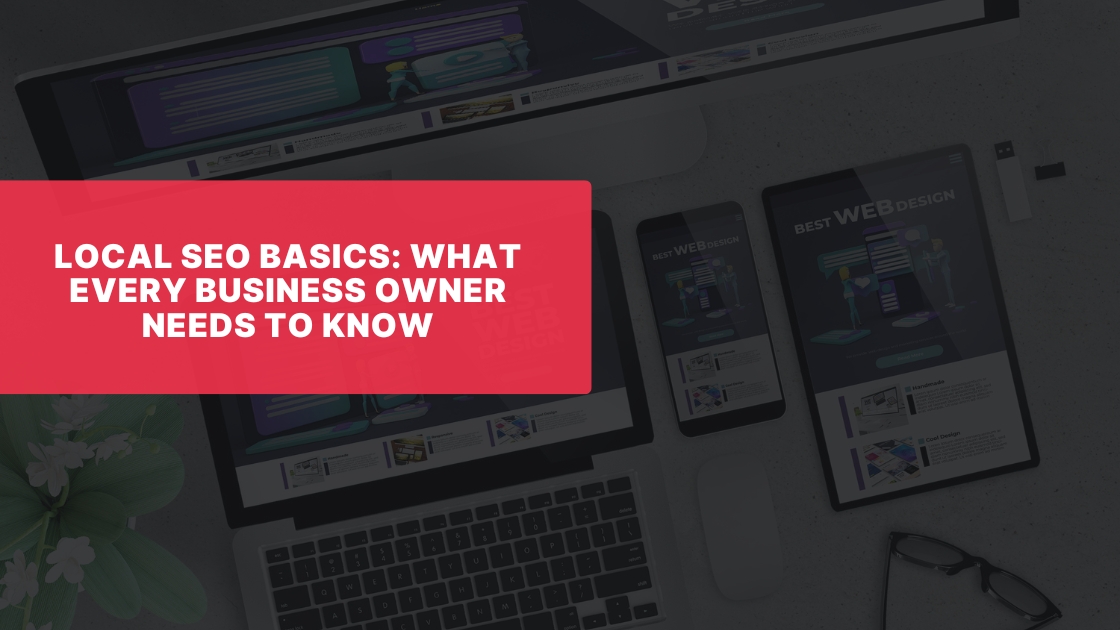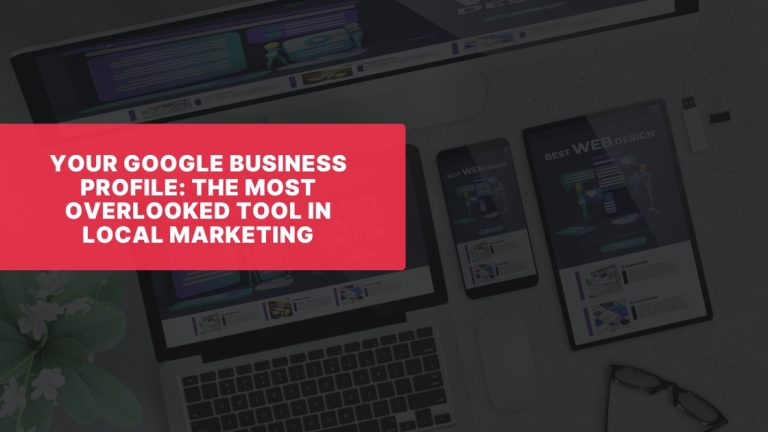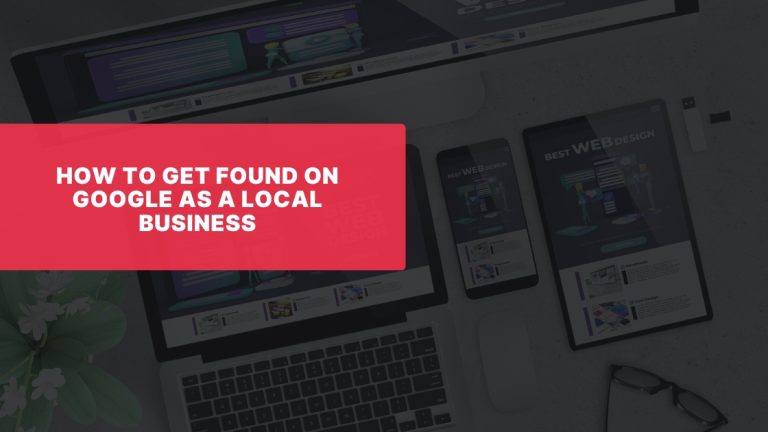If you run a small business that serves a local area, getting found online is essential. Whether you’re a plumber, hairdresser, electrician or dog groomer, most people looking for your services are doing it on Google – and they’re usually searching for someone nearby.
That’s where local SEO comes in. It helps your business appear when people in your area search for what you offer. And the best part? You don’t need a huge budget or technical knowledge to get started.
In this guide, we’ll walk through the local SEO basics every business owner needs to know – with simple, actionable tips to help you show up, stand out and get more local enquiries.
What is local SEO?
Local SEO (Search Engine Optimisation) is all about improving your visibility in search results for local queries. These are searches like:
- “Electrician near me”
- “Hair salon in Leeds”
- “Best café in Brighton”
When people type in searches like this, Google shows a mix of results – including map listings, websites and customer reviews. Local SEO helps make sure your business appears in those results.
Why local SEO matters
Here’s what the stats say:
- Over 70% of people search online to find a local business
- Nearly 90% of those people call or visit a business within 24 hours
- The top 3 map listings (called the “local pack”) get the most clicks
If you’re not showing up when people are searching, your competitors are.
1. Set up your Google Business Profile
This is the number one thing every local business needs to do. It’s free, easy and massively boosts your visibility.
Go to: google.com/business and claim your profile. Then:
- Add your business name and category
- Set your address and service area
- Add phone number, website and opening hours
- Upload real photos and your logo
- Write a short business description
Make sure your details match exactly what’s on your website. Keep your profile updated and post regularly to stay active.
2. Optimise your website for local search
Your website should help Google (and customers) know exactly what you do and where you are.
Tips:
- Mention your location in page titles and headings (e.g. “Carpet Cleaning in Derby”)
- Use your town or city in your homepage copy
- Add a clear contact page with your full address and a map
- Make your phone number clickable on mobile
- Use fast, mobile-friendly design
You don’t need loads of pages – just make sure the content you do have is clear, local and relevant.
3. Collect customer reviews
Online reviews play a big role in local rankings. They build trust and help your business stand out.
Ask your happy customers to leave a review on your Google profile. You can send them a link to make it easy.
Don’t forget to:
- Reply to every review (even short ones)
- Thank people for positive feedback
- Stay polite and professional if you get a negative review
The more good reviews you have, the more likely people are to click and call.
4. Build local citations
Citations are mentions of your business on other websites – especially local directories. These help Google confirm that your business is real and trustworthy.
Start by listing your business on:
- Yell.com
- FreeIndex
- Yelp
- Thomson Local
- Scoot
- Trustpilot (if you collect reviews)
Make sure your Name, Address and Phone number (NAP) are exactly the same everywhere. Even small changes can confuse search engines.
5. Add schema markup to your site (optional but helpful)
Schema markup is code that tells search engines more about your business – like your opening hours, reviews, services and more.
If you’re using WordPress, plugins like Rank Math or Yoast make this easy. It’s not essential to start with, but it can help boost your visibility over time.
6. Use location pages if you serve more than one area
If your business works across several towns or regions, consider creating a page for each one.
Example:
- /cleaning-services-nottingham
- /cleaning-services-leicester
Each page should have unique content and local references. Avoid copy-pasting the same text for each town – Google doesn’t like duplicate content.
7. Create helpful, local content
You don’t need to blog every week, but having some useful content on your site helps with SEO and builds trust.
Ideas:
- FAQs about your service
- “How to choose a roofer in Sheffield”
- “What to expect from your first visit”
- Price guides or service breakdowns
Use local keywords naturally and answer real questions your customers ask.
8. Keep your website fast and secure
Google wants to show websites that load quickly and are safe to use.
Make sure your website:
- Loads in under 3 seconds
- Has an SSL certificate (starts with https://)
- Works well on mobile
- Uses clean, modern design
Speed also helps with conversions – people leave slow websites quickly.
9. Use clear calls to action
Don’t leave visitors guessing. Every page on your site should tell people what to do next.
Examples:
- “Call now for a free quote”
- “Book your appointment online”
- “Send us a message – we’ll get back to you today”
Use buttons that are easy to see and work on mobile.
10. Track your progress
Use free tools like:
- Google Analytics – to see how many people visit your site and what they do
- Google Search Console – to check what keywords you show up for and fix errors
These tools help you understand what’s working and what needs improving. You don’t need to check every day – just keep an eye on trends.
Final thoughts
Local SEO isn’t about tricks – it’s about showing up where your customers are looking. By following these basic steps, you can improve your visibility, build trust and win more business online.
Start with your Google profile, optimise your website, get some reviews and be consistent with your business info across the web.
At Strategy8, we help local businesses across the UK build websites that are ready to rank, convert and grow. If you want to improve your local visibility or need a website that’s built for SEO from the ground up, get in touch today for a free quote.




